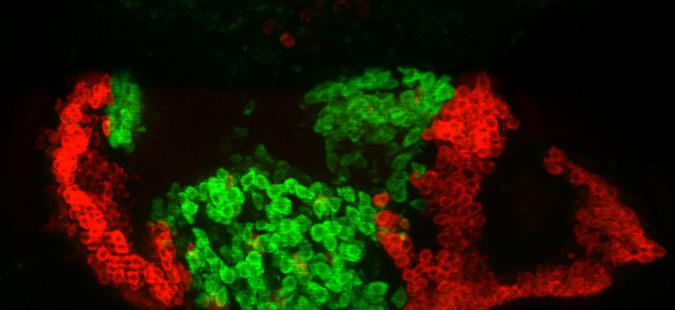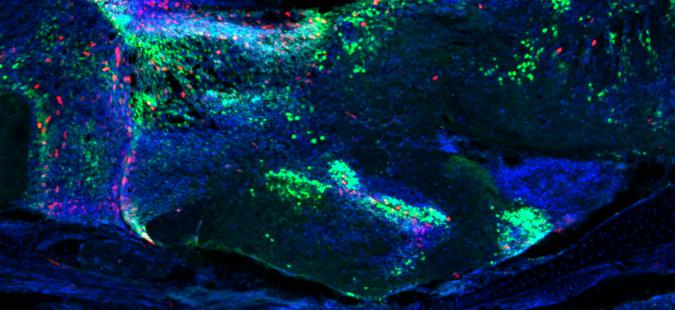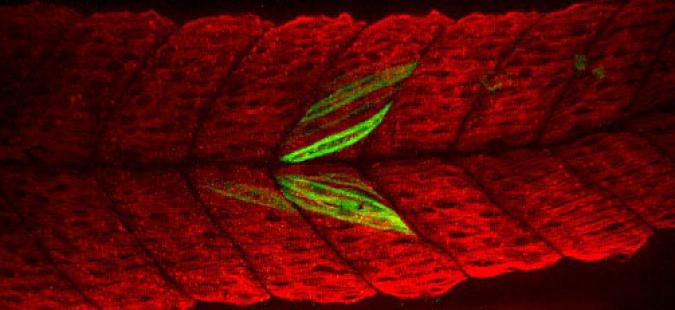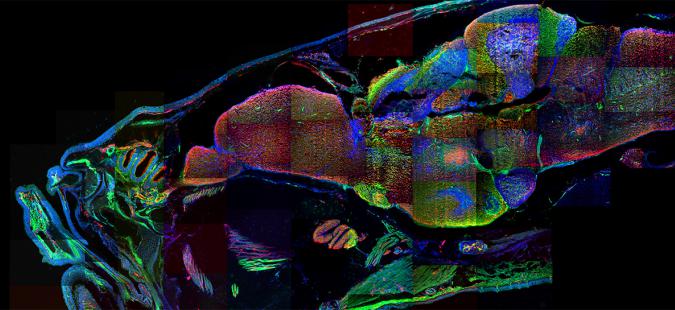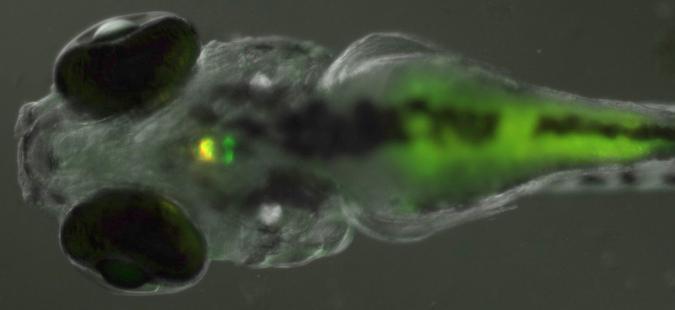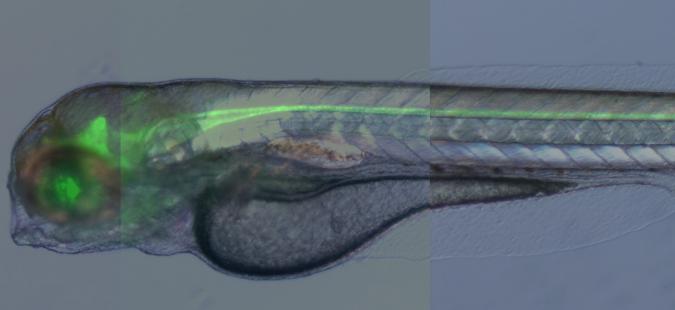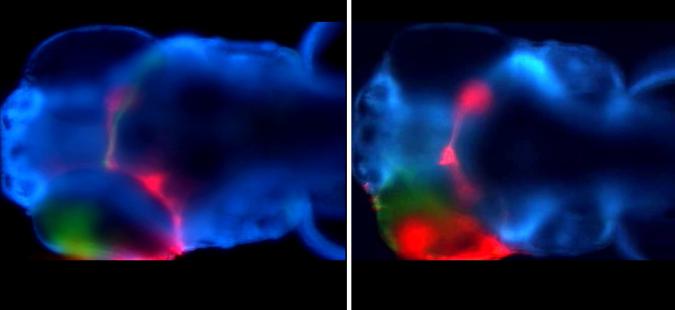Stefanie Krug worked with Dr. Ksenia Tonyushkina and undergraduate Tibor Mascari to study the effects of environmental stressors and endocrine disruptors on the development and function of the hypothalamus-pituitary-thyroid (HPT) axis in zebrafish. The HPT axis controls the production of Thyroid Hormone, which is a essential for proper growth, brain development, metabolism and many other physiological processes. In humans, prenatal challenges can lead to transient and permanent thyroid disorders. We utilized a variety of experimental paradigms to mimic prenatal challenges including hypoxia, food deprivation and abnormal endocrine levels in embryonic and larval zebrafish. We then analyzed the effects on the HPT axis development and function using a range of molecular techniques as well as transgenic zebrafish lines. These studies promise to provide insights into the cellular and molecular mechanisms by which exposure to metabolic stressors can affect the ontogeny of central thyroid regulation and will improve our understanding of prenatal programming in the central thyroid regulation.
After growing up in Germany, Stefanie received the Highest Academic Achievement Award and an A.A. in Liberal Arts from Greenfield Community College. She went on to graduate summa cum laude with a B.S. with departmental honors in Biology from the University of Massachusetts in Amherst and Commonwealth College. Her research experience includes proteomic studies of Treponema pallidum; molecular studies of Trypanosoma brucei; circadian rhythms in mice, hamsters and primary cell culture; epigenetic and hormonal regulation of sex differences in mouse brain; and HPT axis development in zebrafish. Stefanie is an outdoor sports enthusiast, the acting president of the Pioneer Valley chapter of the New England Mountain Bike Association, a member of the national ski patrol, an avid disc golfer and a passionate cook.
Stefanie is now a Ph.D. candidate in the Department of Microbiology at Johns Hopkins University.
